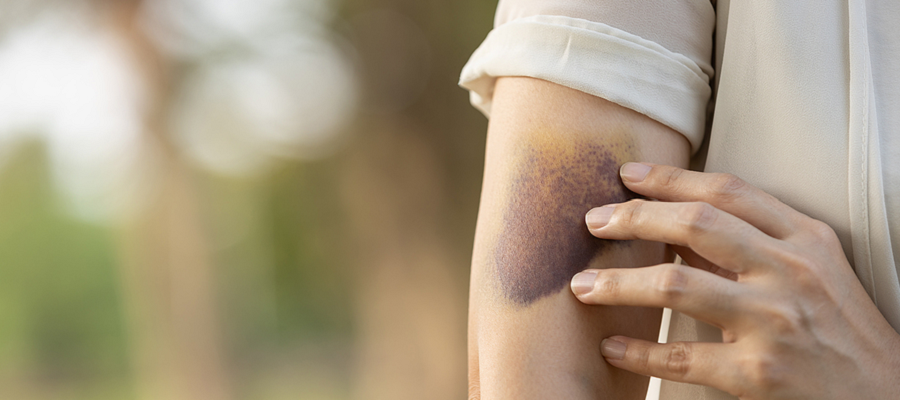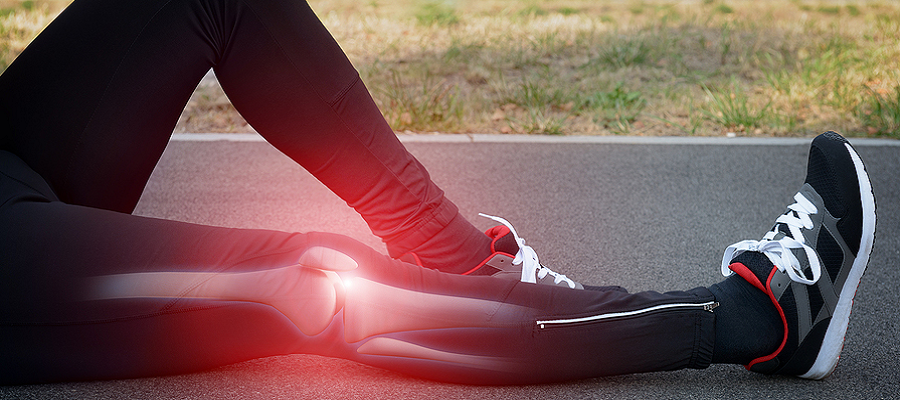 Lyme disease is a bacterial infection transmitted to humans from the bite of an infected blacklegged tick – also known as the deer tick. If left untreated, the infection can spread to joints, the heart, and the nervous system. Nonetheless, prompt treatment can help you recover quickly.
Lyme disease is a bacterial infection transmitted to humans from the bite of an infected blacklegged tick – also known as the deer tick. If left untreated, the infection can spread to joints, the heart, and the nervous system. Nonetheless, prompt treatment can help you recover quickly.
Lyme disease cases have traditionally been more prevalent in the Northeast, but have now been found in all 50 states. You’re more at risk to contract Lyme disease if you live or spend time in heavily wooded or grassy areas where ticks carrying Lyme disease can thrive.
Early signs of Lyme disease may include flu-like symptoms such as headache, fever and chills. Typically, but not always, the disease is marked by a red “bull’s-eye” rash. Later symptoms may include pain, weakness, numbness in the arms and legs, changes in vision, heart palpitations and chest pain, a rash, and facial paralysis (Bell’s palsy).
The key to preventing Lyme disease is to avoid being bitten by ticks. Follow these suggestions:
- Wear long sleeves and long pants with high socks when in the woods or doing gardening or raking leaves
- Wear a tick repellent that has DEET, lemon oil, or eucalyptus on your skin and clothing
- When coming in from outside, check thoroughly for ticks and do the same with pets
- Shower within 2 hours after coming inside, if possible.
If you find a tick embedded in the skin, remove it with tweezers and clean the area with rubbing alcohol and anti-bacterial soap. You are unlikely to get infected with Lyme disease if you remove the tick within 36 hours. Consult your health care provider if you have questions.




